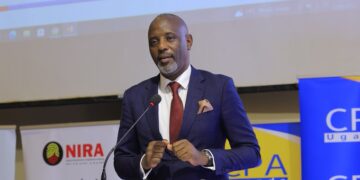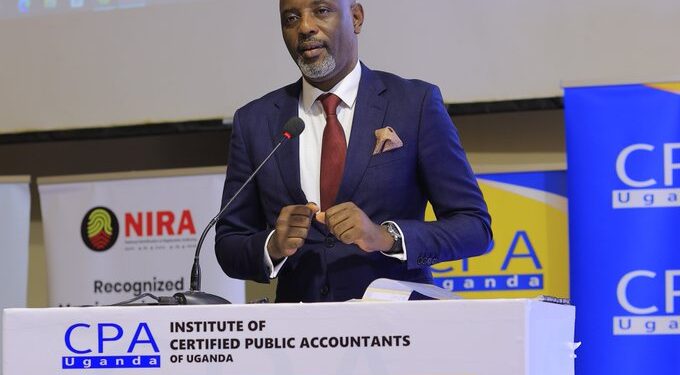Entebbe — Dr Joseph Muvawala, Executive Director of the National Planning Authority (NPA), delivered a compelling address at the 3rd Public Finance Management (PFM) Conference, urging Uganda’s public sector to close the gap between planning and actual service delivery through deeper reform and accountability.
Speaking to a packed audience of policymakers, accountants, and development professionals at Imperial Resort Beach Hotel in Entebbe, Dr Muvawala zeroed in on Programme-Based Budgeting (PBB) — a system Uganda adopted to improve public service outcomes. While acknowledging progress, he warned that “poor coordination and weak data” are seriously stalling results.
“Many Ministries, Departments, and Agencies (MDAs) still operate in silos, despite being structured under programmes,” Dr. Muvawala stated. “This disjointed planning weakens implementation and erodes the purpose of a programme-based system.”
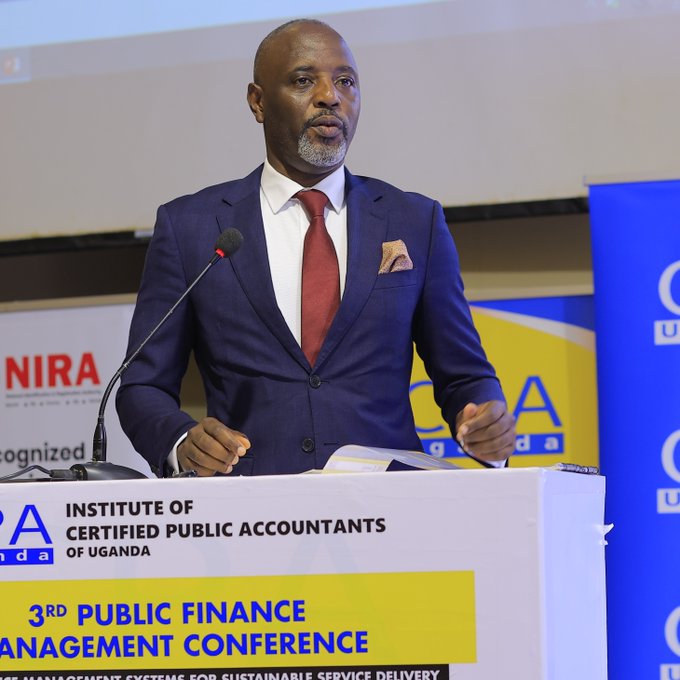
He also raised concerns about enforcement mechanisms. “Weak accountability remains a major issue. There are minimal consequences for failing to meet programme targets or comply with Programme Implementation Action Plans (PIAPs),” he said. “Good plans without collaboration, follow-up, and accountability do not guarantee results.”
Dr. Muvawala further highlighted how supplementary budgets and off-budget funding continue to distort fiscal discipline. “These practices undermine the credibility and predictability of our public finance system,” he emphasised.
To address these challenges, the NPA chief proposed bold reforms: “MDAs and Local Governments must fully align with PIAPs. Annual Programme Reviews should be adopted as tools for performance tracking, and results should be directly linked to the performance contracts of Accounting Officers and Heads of Department.”
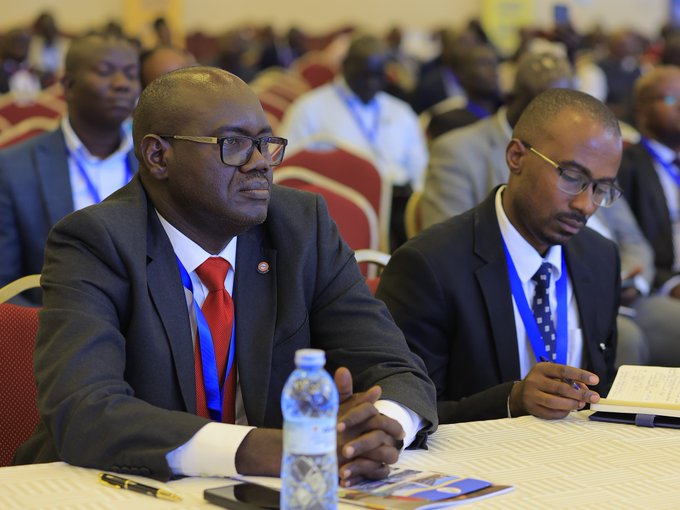
Dr. Muvawala also stressed the urgent need for structural reforms: “We must rethink how our government institutions, including ministries and parliamentary committees, are designed. The current setup doesn’t always support the programme approach.”
His message found resonance among other key speakers at the event. CPA Derick Nkajja, CEO of the Institute of Certified Public Accountants of Uganda (ICPAU), shared key updates and reforms from the Secretariat.
“We are aligning our 2028 strategy with global trends in technology, environmental change, and workforce evolution to keep the accountancy profession future-ready,” said CPA Nkajja. “The amendments to the Accountants Disciplinary Regulations are nearly complete, aimed at strengthening professional conduct.”
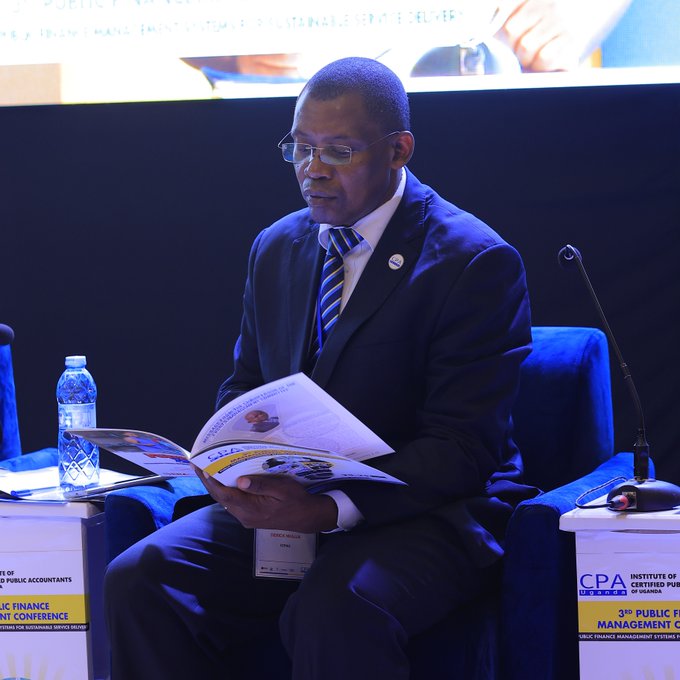
Nkajja also noted Uganda’s roadmap for adopting the IFRS Sustainability Disclosure Standards, with a validation workshop planned for June 2025. “Transparency in sustainability is becoming a global mandate, and Uganda is stepping up,” he added.
Turning to procurement — another central theme of the conference — David Kiyingi Nyimbwa, Head of the Sustainable Procurement Secretariat, underlined how procurement directly affects service delivery and sustainability.
“Procurement isn’t neutral. It can either support or damage society, the economy, and the environment,” said Kiyingi. “Unsustainable buying leads to unsustainable lives. We must rethink how we spend public money.”
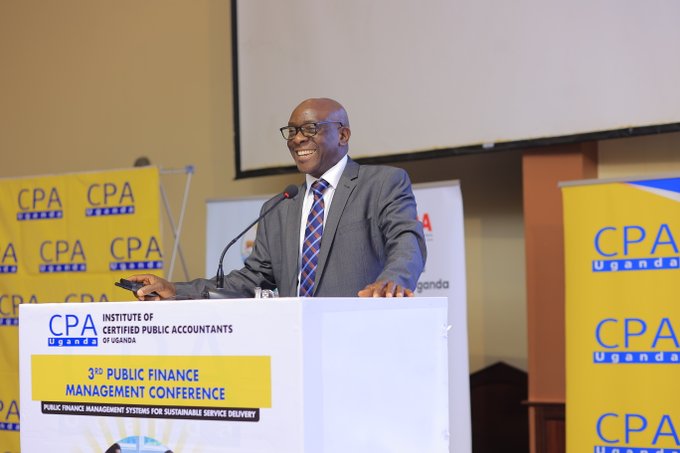
He cited alarming figures: Uganda’s forest cover dropped from 24% in 1990 to just 8% by 2018, and over 50% of market products are substandard. “These realities mean more hospital admissions, frequent repairs, and ballooning public costs,” he cautioned.
Mrs. Kiara Binta, President of the Uganda National Association of Builders, Suppliers and Engineering Contractors, called for binding local content laws, timely payments, and stronger public-private procurement collaboration. “Over 65% of Uganda’s budget goes through procurement. When it works, we build schools, roads, and hospitals. When it fails, services collapse,” she said.
She closed with a call to action: “Procurement is a moral and national duty. It shapes how citizens experience public services. The future is purchased by the present.”
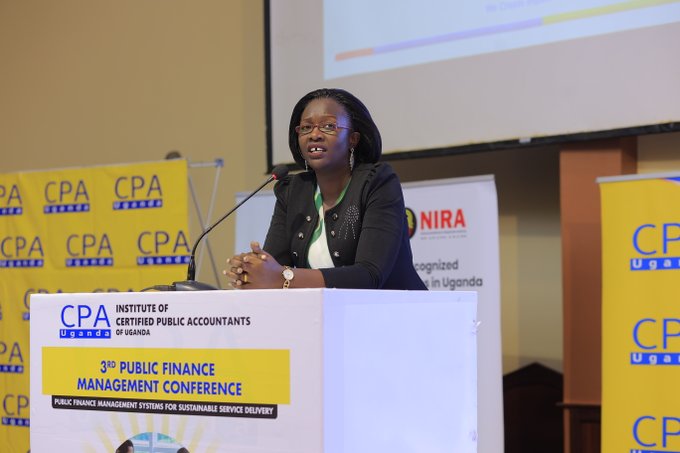
Running under the theme “Public Finance Management Systems for Sustainable Service Delivery,” the three-day conference brings together key stakeholders to reflect on Uganda’s progress and chart new strategies for reform. With leaders like Dr. Muvawala raising the bar, participants agree — Uganda’s public finance future hinges on accountability, alignment, and action.

